Hunger, mothers and infants: Whose job is it to protect breastfeeding?
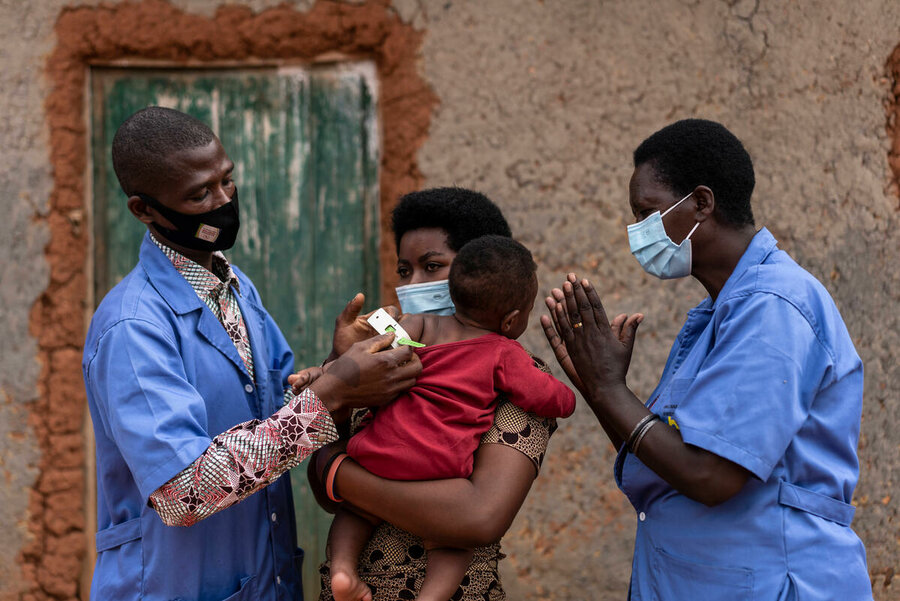
Photo: WFP/Arete/Fredrik Lerneryd
Breastfeeding is inextricably linked to the image of mother and child and the beginning of our history. From ancient Egyptian copper statuettes of a prince suckling at his mother’s breast, to Leonardo’s famous Madonna Litta, there is no shortage of art and literature promoting the mother’s duty to breastfeed.
Yet, starting from pregnancy, the array of circumstances that need to be in place in order for a mother to be able to successfully breastfeed her child are vast, and require a diverse supporting cast and system. Commitment is required from all sectors of society to create nurturing environments for breastfeeding, which will protect a woman’s and child’s health and nutrition for years to come. Here are five of the key stakeholders we believe are critical to promote and protect breastfeeding:
1. Fathers and partners
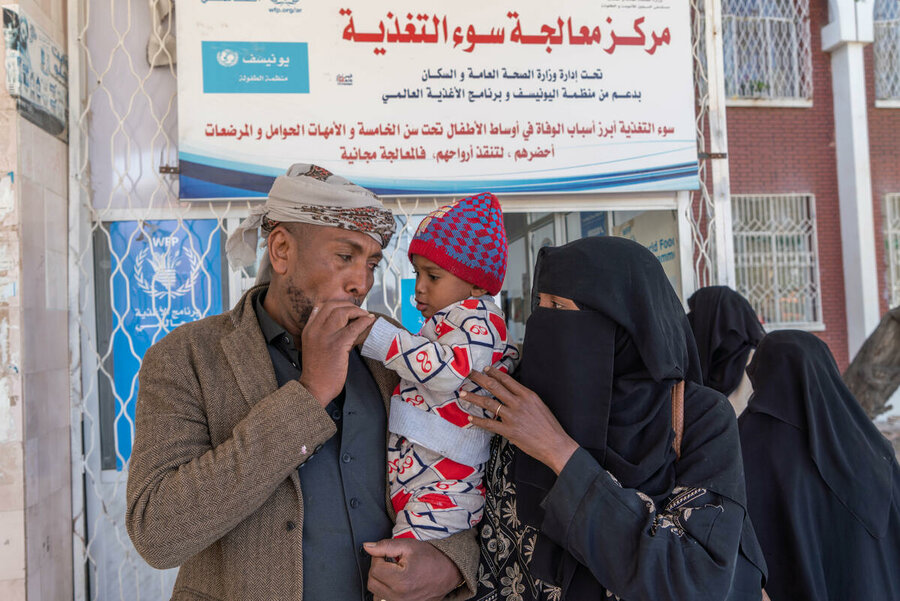
Studies show that fathers are one of the strongest influences in exclusive and optimum breastfeeding. In addition to playing a key shared role in decision-making to initiate and maintain breastfeeding, a father or partner can also free up time for the mother by taking on other household duties. When fathers and partners support breastfeeding and caring for the baby, breastfeeding is more likely to be improved, the parental relationship is better, and the child’s development improves .
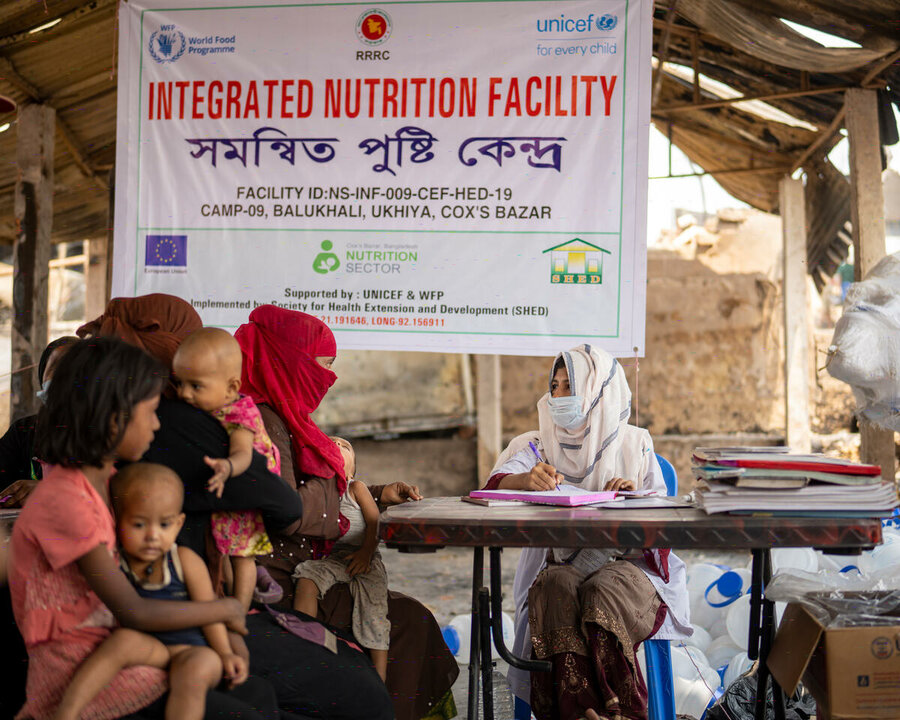
2. The extended family
Families play a crucial role in breastfeeding practices. Research shows women who have support and encouragement from their family and broader social network are more likely to breastfeed. Being present and responsive to the needs of the mother is key in supporting breastfeeding for grandmother, uncle and aunt alike.
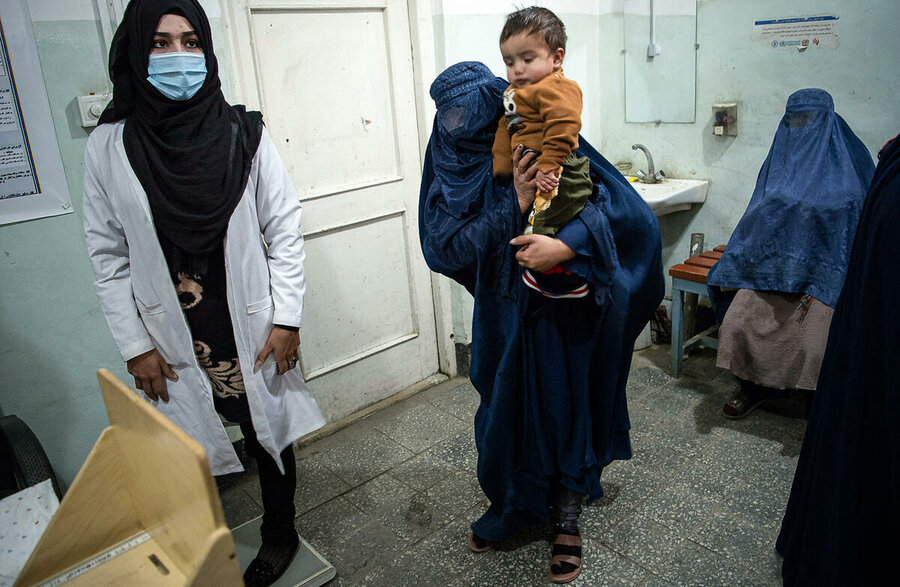
3. Government and health sector
Healthcare providers are often the main source of knowledge, tools and resources available to a mother and family. Physicians and nurses have been found to have a key influence on breastfeeding initiation rates and duration. It is therefore essential that governments commit adequate resources to the health sector on breastfeeding education and support.
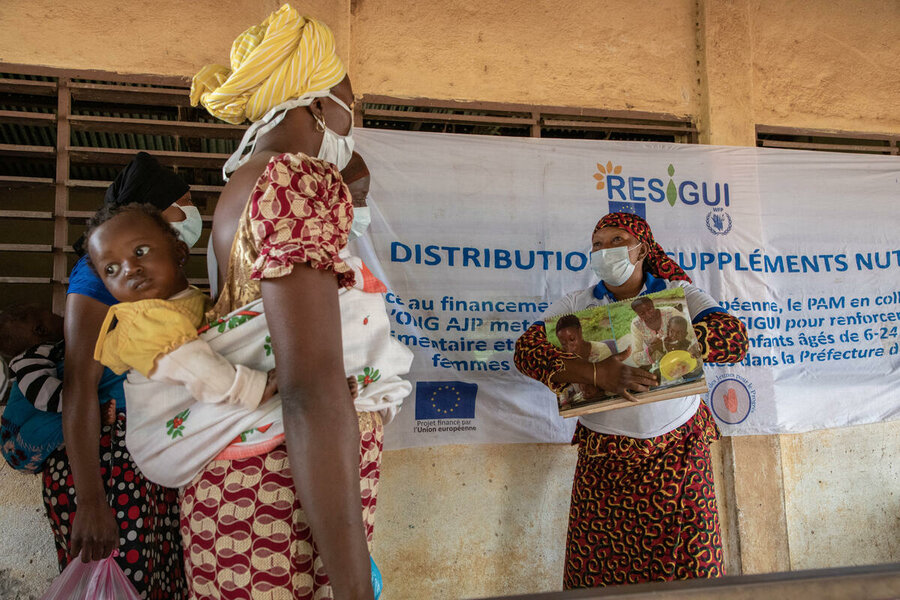
4. Community leaders and members
Community members play an important role in promoting and advocating for breastfeeding. Community leaders and members can set up peer support, breastfeeding clinics and share tips that can make breastfeeding less challenging.
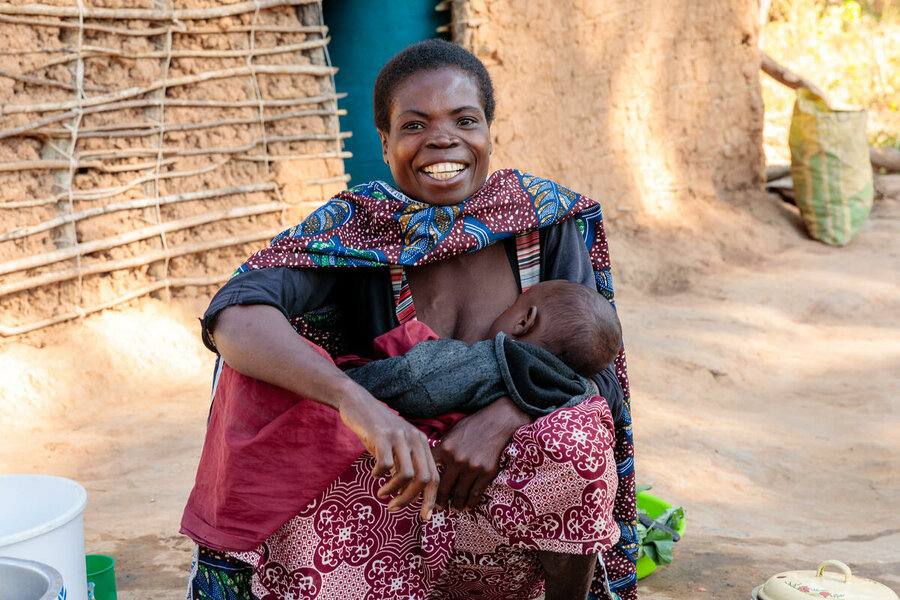
5. Employers
Employment status and rights play a critical role in influencing the duration of breastfeeding. Establishing positive breastfeeding policies, facilities and practices in the workplace to support breastfeeding after returning to work is also key. A comfortable and private space for breastfeeding, sufficient facilities to express and store breast milk, flexible hours and rest breaks are just some of the positive practices that can be beneficial to optimal and exclusive breastfeeding. Breastfeeding employees can benefit from healthier infants, which can improve their own contribution and work attendance.
